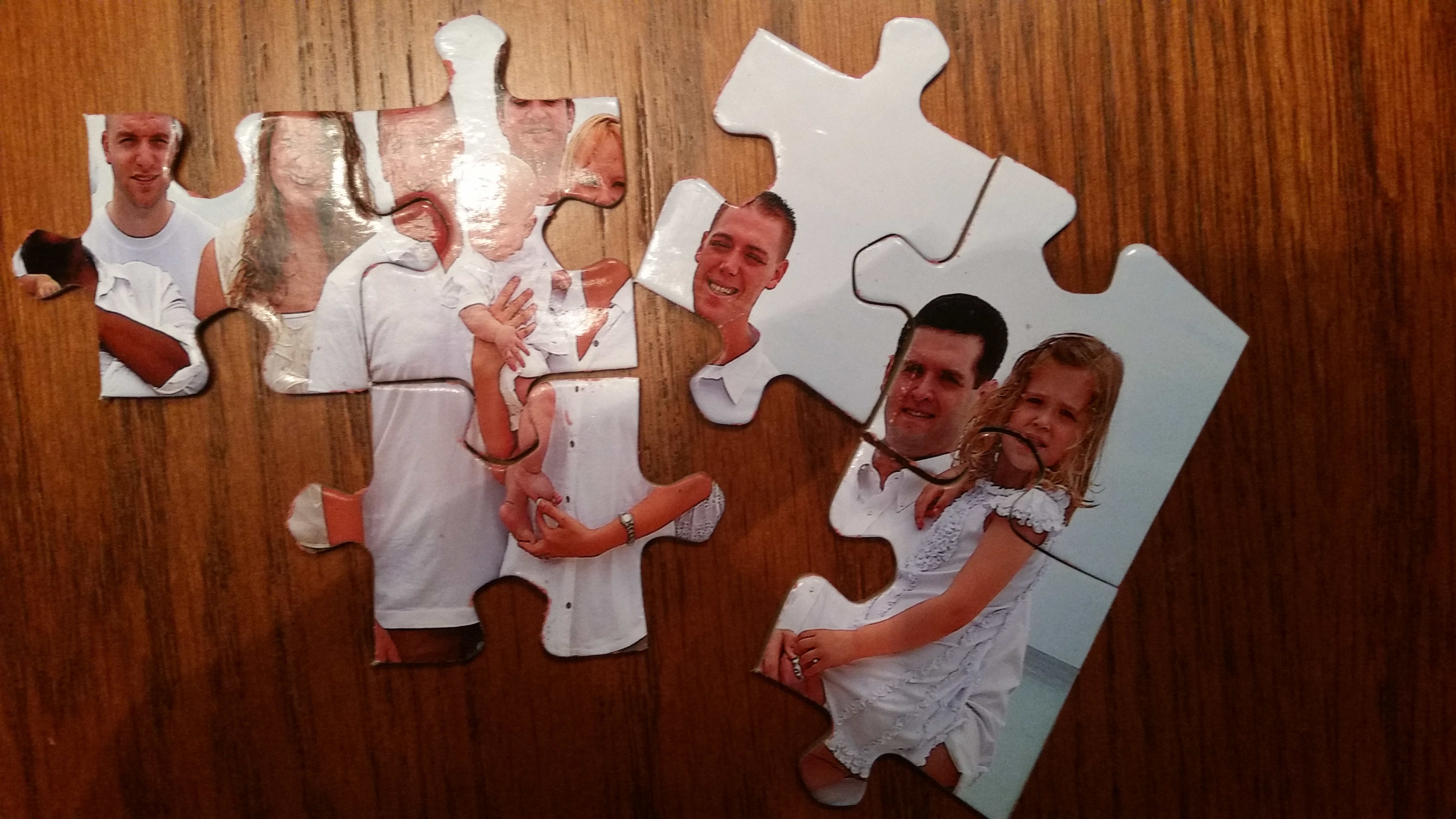There are 5 million people in America with Alzheimer’s and there are 3.5 million with Autism Spectrum Disorder. There are so many families who struggle with watching their loved ones try to remain engaged and have something to stimulate their brain. One of the ways to help stave off the effects of these disorders is by giving patients a constant sense of the familiar. Surrounding them with cherished objects can help stimulate the brain and slow the progress of the disease. Custom Jigsaw puzzles go a long way toward helping to keep those familiar people, places, things, and activities at the forefront of their minds.
How Do Jigsaw Puzzles Help the Brain?
Jigsaw puzzles engage the brain to retain information on shapes and colors in order to choose pieces that will fit together properly. This hunt for pieces requires your brain to memorize what each piece looks like or should look like and what kinds of pieces you are searching for in order to complete the picture. Doing this repeatedly reinforces short-term memory.
Jigsaw puzzles also promote a true synergy between the left and right brain. The logical left brain looks at parts. It is sequential, rational, analytical and objective. The left brain is stimulated by problem solving. The creative right brain sees the big picture. It wants randomness, is intuitive and subjective, and even likes the unfamiliar. Jigsaw puzzles offer the best of both worlds.
In solving Custom jigsaw puzzles, the brain is being worked in both hemispheres, thus making connections between the sides as well as between brain cells. The connections enhance the ability to learn, understand and remember. Furthermore, each success with the puzzle – placement of the pieces as well as completing the puzzle – encourages the production of dopamine, an important neurotransmitter in the brain that regulates mood and affects people’s concentration and motivation. Dopamine plays a large part in the pleasure/reward pathway (addiction and thrills), memory and motor control.
I suggest that you begin with a puzzle that has 48 large pieces as not to overwhelm. Choose pictures of landmarks, favorite pastimes or feature family members and/or objects cherished by your loved ones.
I make custom jigsaw puzzles for my daughter who is autistic and I help her name each person and/or object as the puts the pieces in place. It proves to be a great learning tool for her.
Working on the jigsaw puzzle with your loved one is a great way to not only boost their mental activity, but to create even more memories you both can enjoy.
